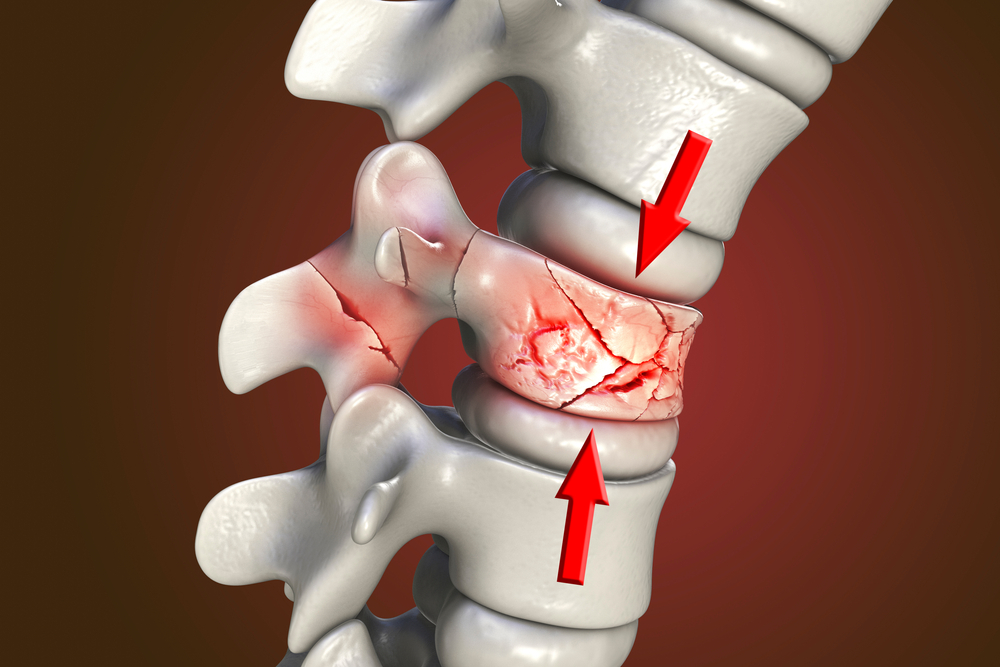A prolapsed intervertebral disc is a technical term for what is commonly called a slipped disc. These discs are placed between each of the vertebrae of the spine and pose as shock absorbers. When the..
A prolapsed intervertebral disc is a technical term for what is commonly called a slipped disc. These discs are placed between each of the vertebrae of the spine and pose as shock absorbers. When the fibrous outer part of the disc breaks, it allows the gel-like core to bulge outwards. The disc that is damaged then puts pressure on the spinal cord or a single nerve fibre. This means that not only will a slipped disc cause pain in the area of the disc, but also in regions that the nerve controls, such as an arm or a leg. Since the disc is unable to slip or slide, the term ‘slipped disc’ is a misnomer. A slipped prolapsed disc can also be a reason for severe lower back pain. The disc presses on a nerve root, which can cause pain and other symptoms in the leg.

Symptoms occur in the back and the area under the nerve root. For example, a slipped disc can arouse pain in the lower back and legs.
- Back pain.
- Nerve root pain.
- Cauda equina syndrome (nerve root is aroused by a prolapsed disc).
- Pins and needles.
- Uneasiness in part of a buttock, leg, or foot.

The causes of this disease are:
- Natural ageing.
- Less water content in intervertebral discs.
- Thinning and weakening of discs.
- Smoking.
- Obesity.

The risks factors of this disease are:
- Genetics.
- Unhealthy lifestyle.
- Jobs involving sitting most of the time
- Jobs involving a lot of lifting.

To prevent the occurrence of the disease, there are certain things one should take care of:
- Adopting a healthy lifestyle.
- Exercising regularly.
- Improve the posture.
- Avoiding smoking and alcohol consumption.
- Avoid activities that leave you prone to injury.
Our superspecialist doctors provide the highest quality of care through a team-based, doctor-led model. Trained at some of the world's most renowned institutions, our highly experienced doctors are distinguished experts in their respective specialities. Our doctors work full-time and exclusively across Medanta hospitals. In addition to offering superspecialised care in their own field, the Medanta organisational structure enables every doctor to help create a culture of collaboration and multispecialty care integration.
Our superspecialist doctors provide the highest quality of care through a team-based, doctor-led model. Trained at some of the world's most renowned i..... Continue Reading


